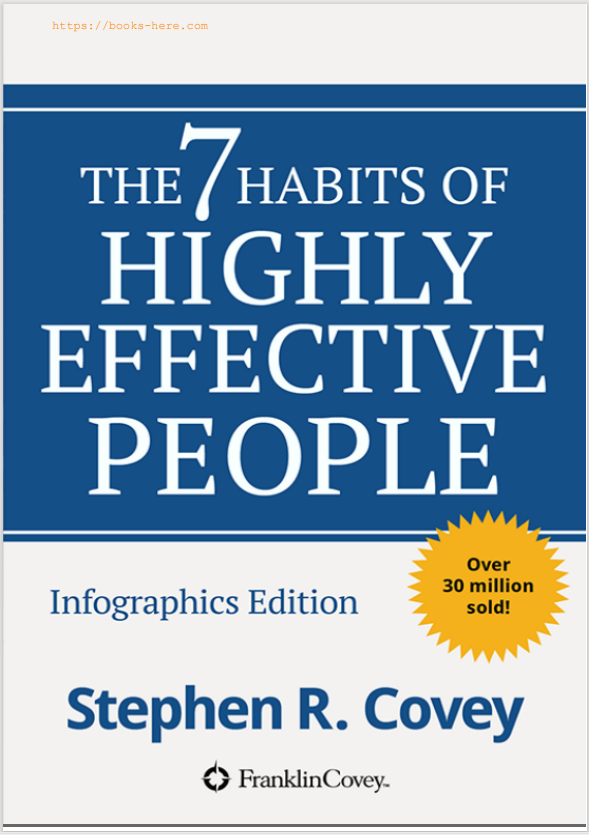
The Courage to Be Disliked
Private Book Reader
Upload and read your personal PDF books in our secure reader
Read Your Private BookShort Audio Book Summary
The Courage to Be Disliked Summary
0:00 / 0:00Reviews
No review yet. Be the first to review this book!
Description
"The Courage to Be Disliked" is a self-help book by Ichiro Kishimi and Fumitake Koga, first published in Japanese in 2013 and later translated into English. It presents the principles of Adlerian psychology through a dialogue between a philosopher and a young man. Here's an overview of the book: Title: The Courage to Be Disliked Authors: Ichiro Kishimi and Fumitake Koga Publication Year: 2013 (Japanese), 2017 (English translation) Summary: 1. Introduction to Adlerian Psychology: The book introduces readers to the teachings of Alfred Adler, an Austrian psychiatrist and founder of Adlerian psychology. Adler believed in the importance of social connectedness, personal responsibility, and self-acceptance for achieving mental well-being. 2. The Courage to Be Disliked: The central theme of the book is the concept of the "courage to be disliked," which refers to the freedom to live authentically and pursue one's own path, even if it means facing criticism or disapproval from others. The authors argue that true happiness and fulfillment come from within and are not dependent on external validation. 3. Overcoming the Inferiority Complex: The book explores Adler's theory of the inferiority complex, which suggests that feelings of inferiority or inadequacy can lead to various psychological problems. The authors discuss how to overcome the inferiority complex by recognizing one's own worth and taking responsibility for one's own life. 4. Separating Tasks: The authors introduce the concept of "separating tasks," which involves distinguishing between tasks that are within one's control (such as one's own thoughts and actions) and those that are outside of one's control (such as other people's opinions or circumstances). They argue that focusing on what one can control leads to greater happiness and empowerment. 5. Living in the Here and Now: The book emphasizes the importance of living in the present moment and letting go of past regrets or future anxieties. The authors discuss how to cultivate mindfulness and acceptance in order to fully experience life and find peace in the present moment. 6. Building Relationships: The book explores Adler's principles of social interest and community feeling, which emphasize the importance of empathy, cooperation, and mutual respect in building meaningful relationships. The authors discuss how to cultivate healthy relationships based on equality, trust, and understanding. 7. Pursuing Goals and Dreams: "The Courage to Be Disliked" concludes with a discussion of how to pursue goals and dreams with courage and determination. The authors emphasize the importance of setting meaningful goals, taking action despite fear or uncertainty, and staying true to oneself in the face of opposition or criticism. Overall, "The Courage to Be Disliked" offers a thought-provoking exploration of Adlerian psychology and its practical applications for achieving happiness, fulfillment, and authentic living. Through its engaging dialogue and insightful teachings, the book inspires readers to embrace their true selves, overcome obstacles, and live with courage, confidence, and compassion.




























.jpg)


.jpg)
.jpeg)






.jpg)












.jpeg)

.jpg)





.jpeg)

.jpeg)



.jpg)
.jpeg)




.jpg)



.jpg)












.png)




.jpg)
.jpg)
.jpg)
.jpg)
.jpg)
.jpg)
.jpg)
.jpg)
.jpg)
.jpg)
.jpg)
.jpg)
.jpg)
.jpg)
.jpg)
.jpg)
.jpg)
.jpg)
.jpg)
.jpg)
.jpg)
.png)
.jpg)
.jpg)
.jpg)
.jpg)
.jpg)

